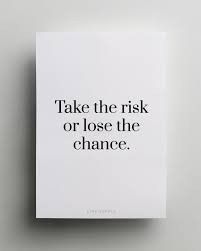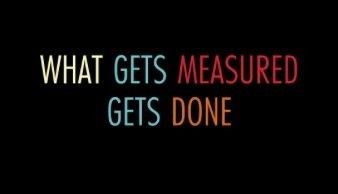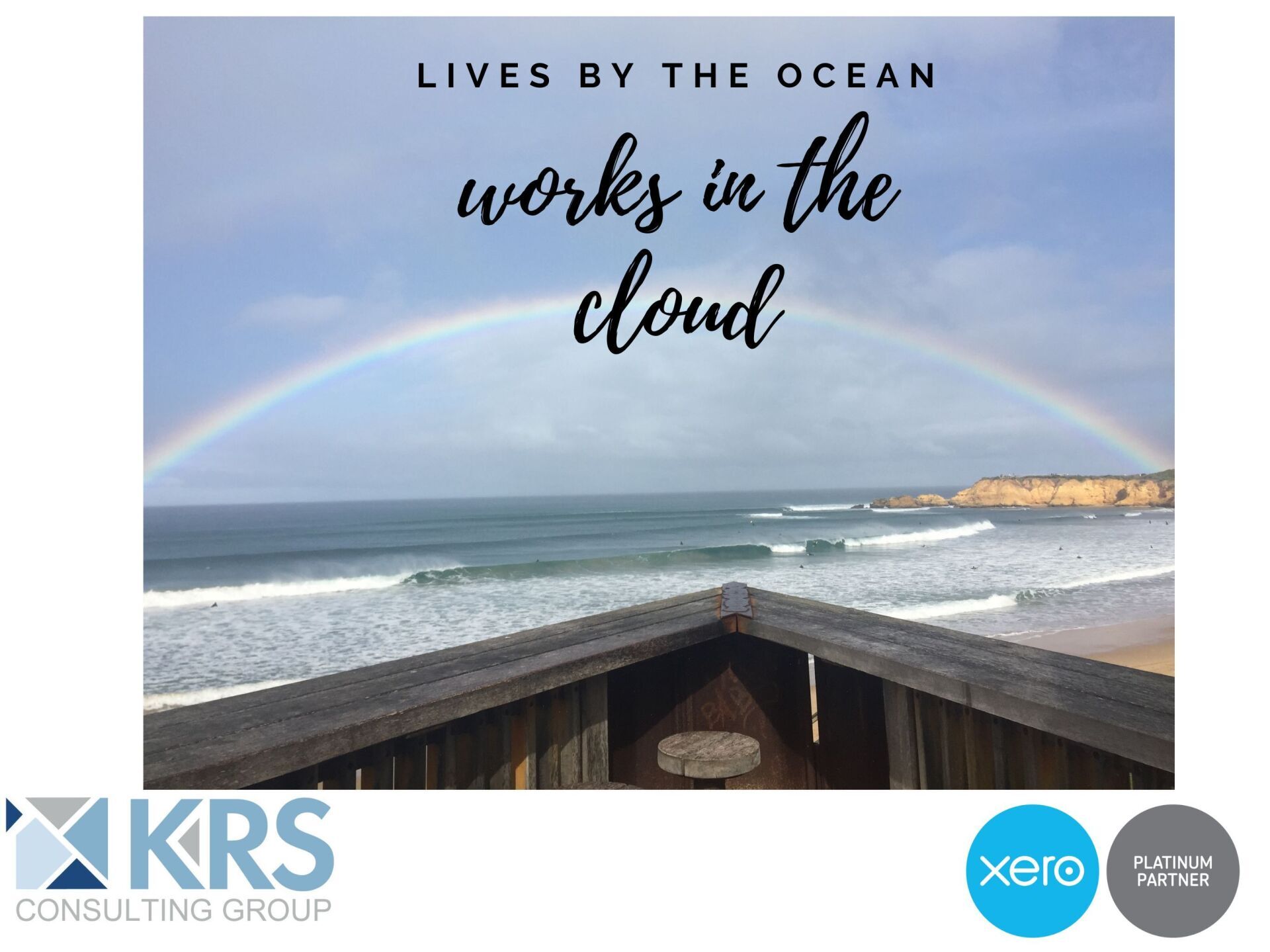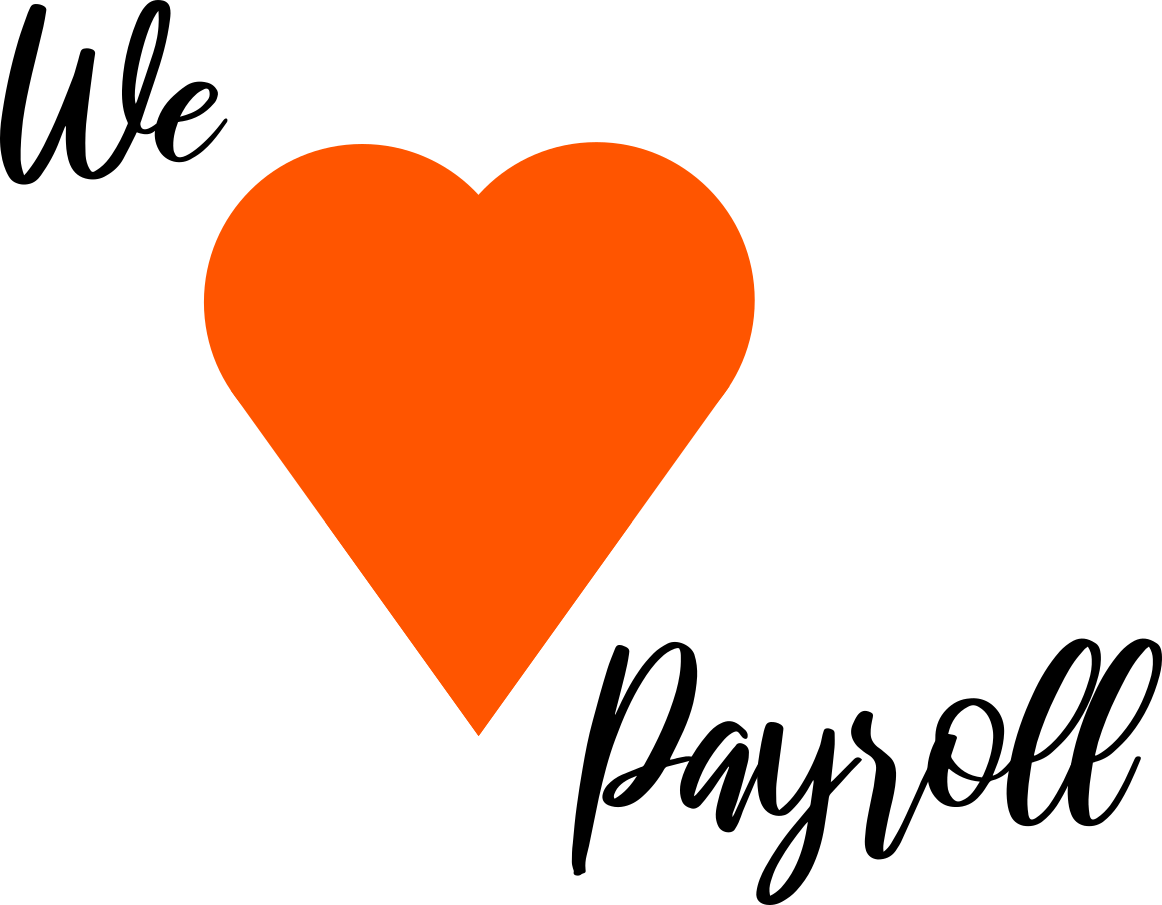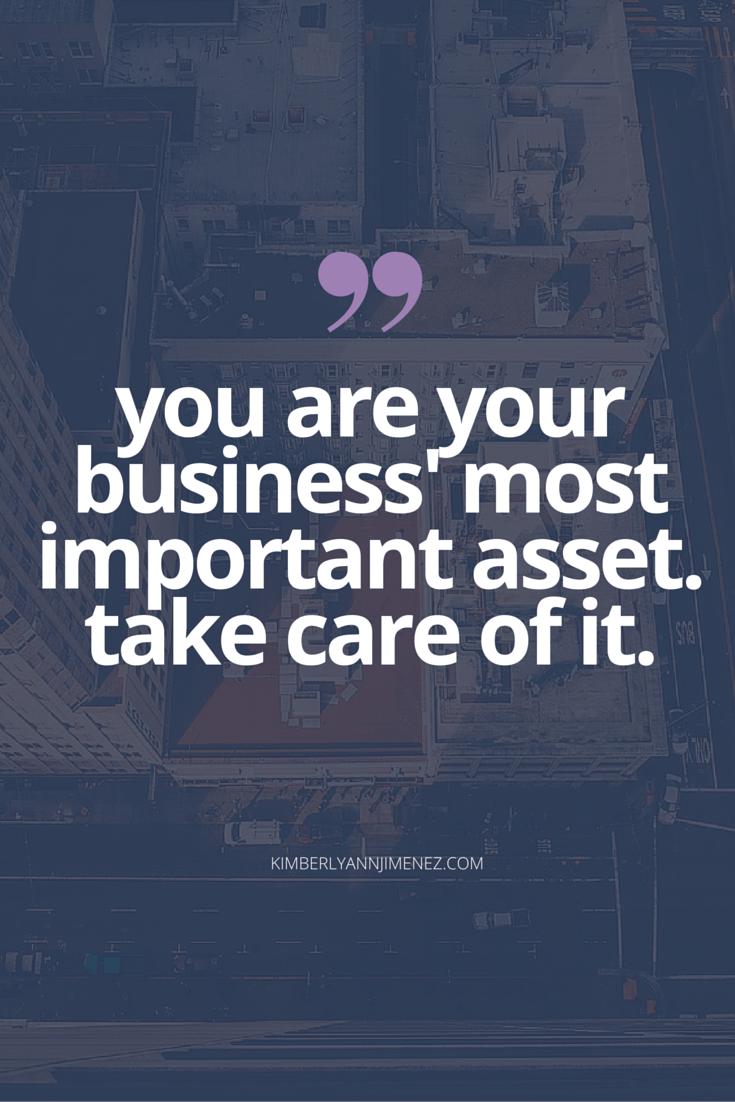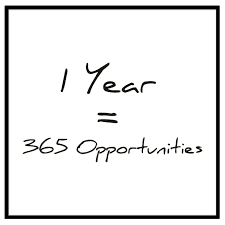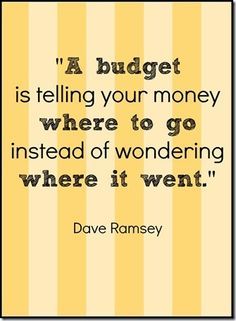Risky Business
Balancing risk in your business
Lets talk about risk….
The word risk comes from the Italian root verb 'risicare' ……… to dare. And to dare is to dream.
At times in business we will not make the correct decision but at least we can try to not make the wrong one. To do so we need to assess risk.
There will be times in business when you actually need and want to take risks -
....hey starting your own business is a risk in itself!
Consider then that taking risks can actually be an opportunity. Just be warned that ultimate reward does not segue into ultimate price!
Here are two recent examples where risks were taken and perhaps not assessed thoroughly and opportunities explored.
- The Commonwealth Bank recently found themselves subject to some unsavoury media coverage over breaches to consumer legislation. They allowed deposits to ATMs of up to $20000 where their competitors allowed only $5000 and the trigger to report such transactions was $10000. They blamed computer software but who was approving the limits? Who assessed and was responsible for the risk ?
The risk was not identified and assessed adequately. The result is a serious money laundering publicity nightmare for the CBA.
Interestingly, the Commonwealth Bank also recently found themselves in hot water over a risk being turned into an opportunity - that resulted in a breach of the consumer legislation. Clients take risks in taking out credit cards - the CBA offered such clients insurance against defaulting on their cards.
Although the Credit Card applications were processed with this ‘automatic’ insurance - there was a small problem - this ‘product’ was imposed upon customers who could neither afford the product and to whom it was also not suitable, students, unemployed, elderly! Ultimately they were ineligble to claim under the policies under which they had been sold - to protect them ! Irony much?
Whoever decided that this 'opportunity' of selling the insurance and profiting from it clearly didn't do their homework on who this opportunity was being presented to.
http://thenewdaily.com.au/money/your-budget/2017/08/15/cba-junk-insurance/
2. At Dreamworld 2015 - a tragic accident occurred where the supervision of the ride was in question. Who assessed the risk of having a relatively inexperienced employee monitoring this ride ? The tragedy and its consequences affected many lives - support to employees and counselling of staff were a priority placed high above the business - as they should have been ! However it raises questions as to who assessed risk of supervision and training ?
So you might say - with devastating examples such as Dreamworld - why take the chance ?
Good risk management is all about how we take risks within a framework rather than risk avoidance. In your business you must assess risk everyday. You cannot just opt out.
You make decisions about this risk and how you will manage it. You assess how this risk changes over time.
The types of risk you face are very different but in business there are some common risks. Let’s name just a few…
- Product Liability
- Products Liability
- Workcover
- Income Protection
- Life Insurance
- Cyber Risk
Consider also that risks to your business can be tangible or intangible. Some such as products insurance are logical. Others are less visible.
The recent recall of frozen berries contaminated with Hep A sold in Australia (grown in Vietnam) created a massive reputational risk in addition to the very tangible risk of products being destroyed and flow on affect to profits. Many brands have taken risks in production and when they fail, the subsequent recalls and fall out have sent them to the wall.
Risks also change how humans behave.
A great analogy here is seatbelt in cars. In the 1970’s seatbelts were NOT compulsory. It was not even a thought to wear a seat belt - now it is hard to imagine getting in a car without automatically putting on a seat belt. Over time it has been recognised that ‘seatbelts save lives”. The risk was assessed and over time by society and the risk framework and management of the risk has changed as a result.
As a business owner you need to consider your “Risk Appetite”.
What I consider as a risk - you may consider to be an everyday business decision.
If I cross the road while the ‘little red man’ is flashing, I might not consider this to be risky behaviour.
I will innately assess the weather conditions, the traffic, I will be influenced by who I am with and who is watching. If a policeman is standing in the middle of that intersection directing traffic, my ‘Risk Appetite” might instantly change.
So who do you look to to assist in risk strategies in your business
1. Advisors - engage professionals in their area of expertise - if compliance with Tax Law is a financial risk to your business - engage a great Tax Agent - other professionals who deal with mitigating risk in business include : BAS Agents, bookkeepers, accountants, financial planners, bankers. Did I mention bookkeepers and accountants ? Oops - Better than oops than a 'what if'! Make sure that they are qualified to provide you with advice and strategies in their field of expertise.
2. Insure against the risk - some insurances are mandatory eg Workcover insurance if you employ staff - others are an option - assess the risk, weigh up your risk appetite and act accordingly.
3. Review risks in your business over time - remember that risk changes our behaviour and society is an ever changing medium.
Most of all dare to dream .....

